Scholar Spotlight - Luke Sewell
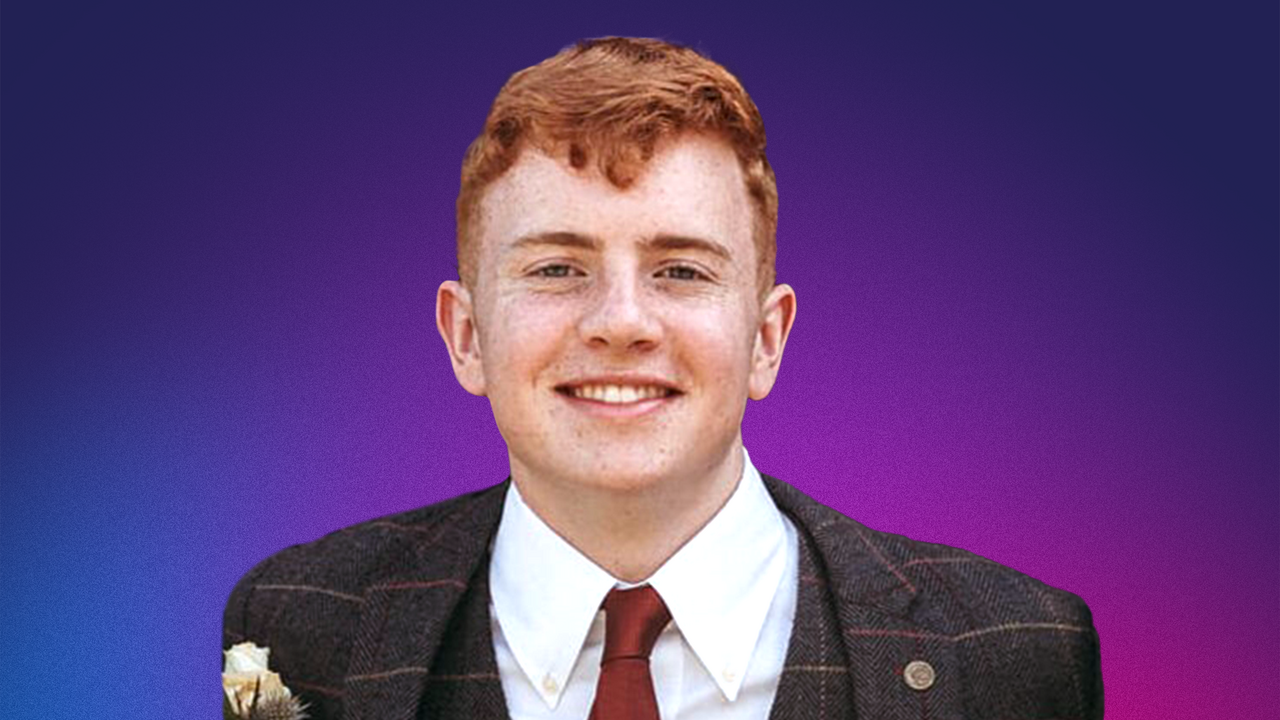
Discover more Scholar Spotlights.
Luke Sewell, a Laidlaw Scholar at Durham University, explores how arts and humanities research influence public policymaking
Research Title:
How does Arts and Humanities research influence public policymaking?
My project is about how academics in Arts and Humanities disciplines have worked to support the formulation of real-world policy. The culmination of our research was a brochure which included twenty-one detailed case studies of academic/policy collaboration. The fields we represented in our research were diverse, from Classics, Film, Modern Foreign Languages and more.
We consulted academics whose research had formed part of the policymaking process in a very wide variety of sectors, which we segmented into 'National Government', 'UK Parliament and Devolved Administrations', 'Local Authorities' and 'Other Policymaking Bodies, e.g. NGOs, Public Institutions'. In their responses, academics provided accounts of their experiences with policymakers, and reflected on the advice they would give to those who are looking to work with civil servants, MPs, local councils and other governmental colleagues.
The brochure was published by UPEN (University Policy Engagement Network), a ‘central space for academics, policy actors, and professional services staff who undertake and support academic-policy engagement’. My supervisor, Professor Arlene Holmes-Henderson MBE, and I have since ran an online conference featuring panel discussion with our research participants to encourage conversation about the project's findings.
Where did your passion for this research originate?
As a History student, a large part of my passion for this research comes from seeing the direction which the world has been taking over the Arts and Humanities, and even wider academia. Over the past few decades, young people have been increasingly discouraged from studying anything other than STEM and fields essentially connected to professional services such as Law, and this is very problematic. Of course, the latter fields are very important to society and represent genuinely interesting disciplines to many - the logic behind the prioritisation I discuss seems to imply that people don’t have a real interest in Chemistry and Maths, and study it solely to enhance their career prospects, which is untrue.
It is the 'pooh-poohing' of the Arts and Humanities as 'ornamental' and bad value-for-money for students, and the philistine representations we see made by politicians and media outlets about Arts and Humanities research and courses, which has given me the motivation to focus on this issue. Not only are subjects such as English and Music crucial to our understanding of the world, but they also feed well into the thinking of those in government and politics, which is one benefit of many of supporting Arts and Humanities scholarship.
What is the most memorable moment from your Laidlaw scholarship experience so far?
The Laidlaw Conference in Leeds last October - I found it really enjoyable. Having never been to a conference like it, I just assumed it'd be a series of meetings and lectures. However, I found it to be more than this, and was both interesting and fun - the organising team did a good job and put on some super events, and I had the chance to meet lots of new people. I’d certainly recommend it to any scholars who have the opportunity.
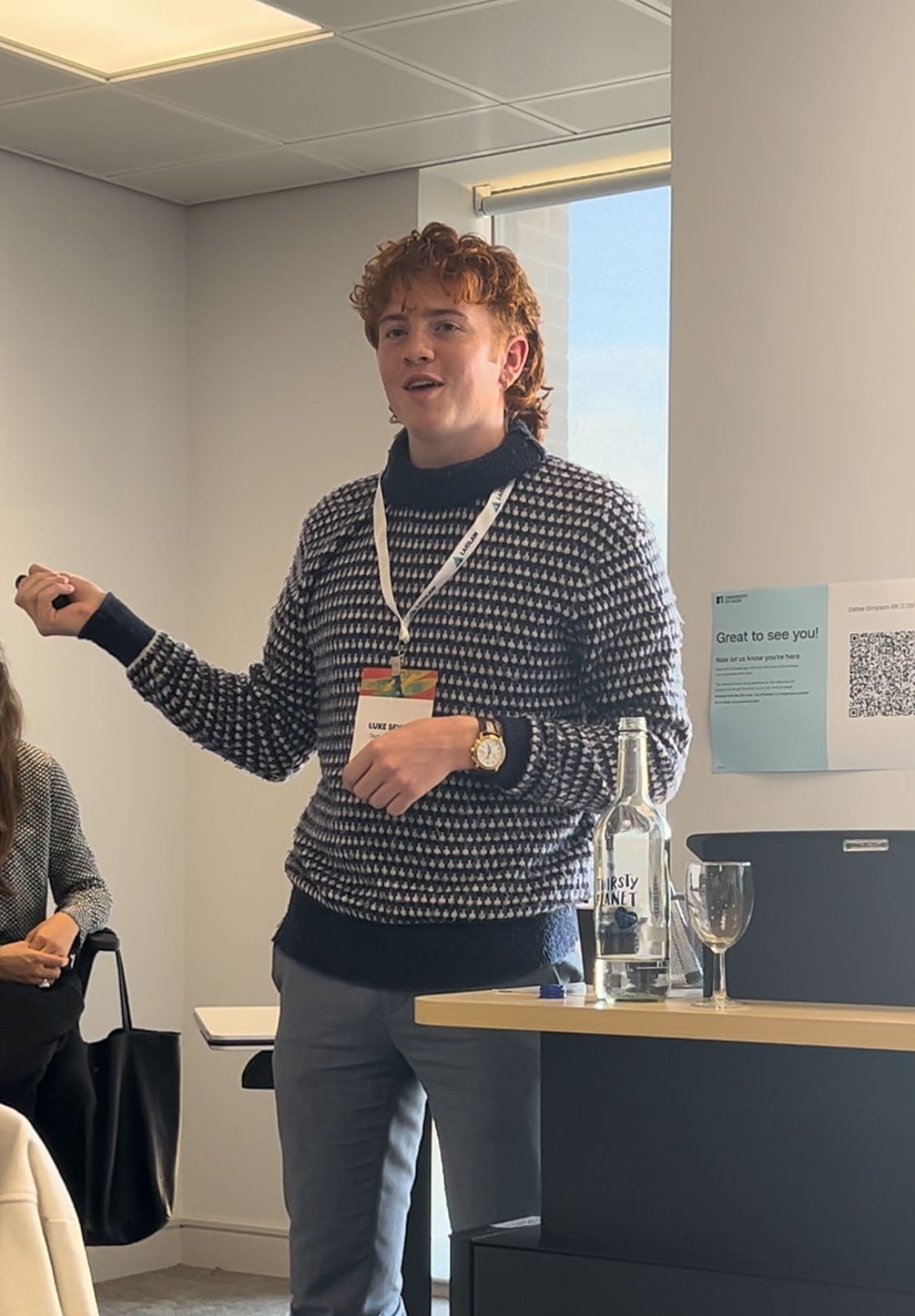
What is the biggest challenge you came across in your research and leadership journeys so far, and what did you learn from it?
In the lead-up to my research project, the commitments I'd been making ahead of the summer started to build up considerably. In addition to my Laidlaw offer, I had also been offered an internship with the Oriental Museum, knew that I'd be doing some shifts at my old weekend job and was in the midst of starting an Executive Committee role for a student group. In the end, it wasn't actually my time itself which which was stretched, but my mental bandwidth.
At the time, I just sort of pushed through it. Looking ahead, however, the situation taught me a lesson about prioritisation and self-value. The research project and internship I enjoyed and were worth it, but the student group role and returning to my old weekend job became a drain, and looking back, I didn't really get much from them. I now like to think that I have a better sense to walk away from things when I get the sense they’re not worth my energy.
What does it mean for you to be a Laidlaw Scholar?
Being a Laidlaw scholar, for me, is about taking and making the most of the opportunities we have as young people and students. The support we are given to carry out our own research and leadership projects is valuable - how many other people have the chance to do this in their lifetimes?
I think the values which underpin the Laidlaw Foundation, especially the impetus to help people and do things in the public interest, also particularly resonates with me. Many scholarships and bursaries, in my opinion, seem really arbitrary (you can get them for living in certain diocese of the Church of England! [see ‘Lord Crewe Graduate Scholarships’]), but Laidlaw is different. We've been selected because of our qualities and abilities as people, and there's something about that which I think is special.
Which particular leaders inspire you the most and why?
Certain reformers of the twentieth century stand out to me as inspiring because they showed how people can effect change for the right reasons against considerable odds - Harold Wilson and his social reforms, as well as Clement Attlee's foundation of the NHS, spring to mind. In a similar vein, I consider the ability to overcome adverse circumstances on a personal level equally as inspiring. A bit of a cliché, perhaps, but look at Angela Rayner or Barack Obama’s backgrounds and how far they’ve gone.
Briefly describe a scene from the future you are striving to create.
Firstly, greater economic balance across the UK. London and the South East simply hoover up so many of the opportunities in Britain, which makes problems for basically everyone involved. Spreading opportunities into the regions would remedy so many of the UK's problems.
Secondly, the UK should rejoin the EU. As the past few years have shown, we’ve had precious little recompense for something which was so beneficial. There's no political will for this now, but that doesn’t mean we should rule it out as a goal.
Thirdly, make university education free. Again, there's virtually no political will for this, but most developed countries can manage it, and the UK historically was able. A large part about this will be reversing the narratives about academia which my project aimed to combat.
Quick-fire Questions
📺 Currently Binging:
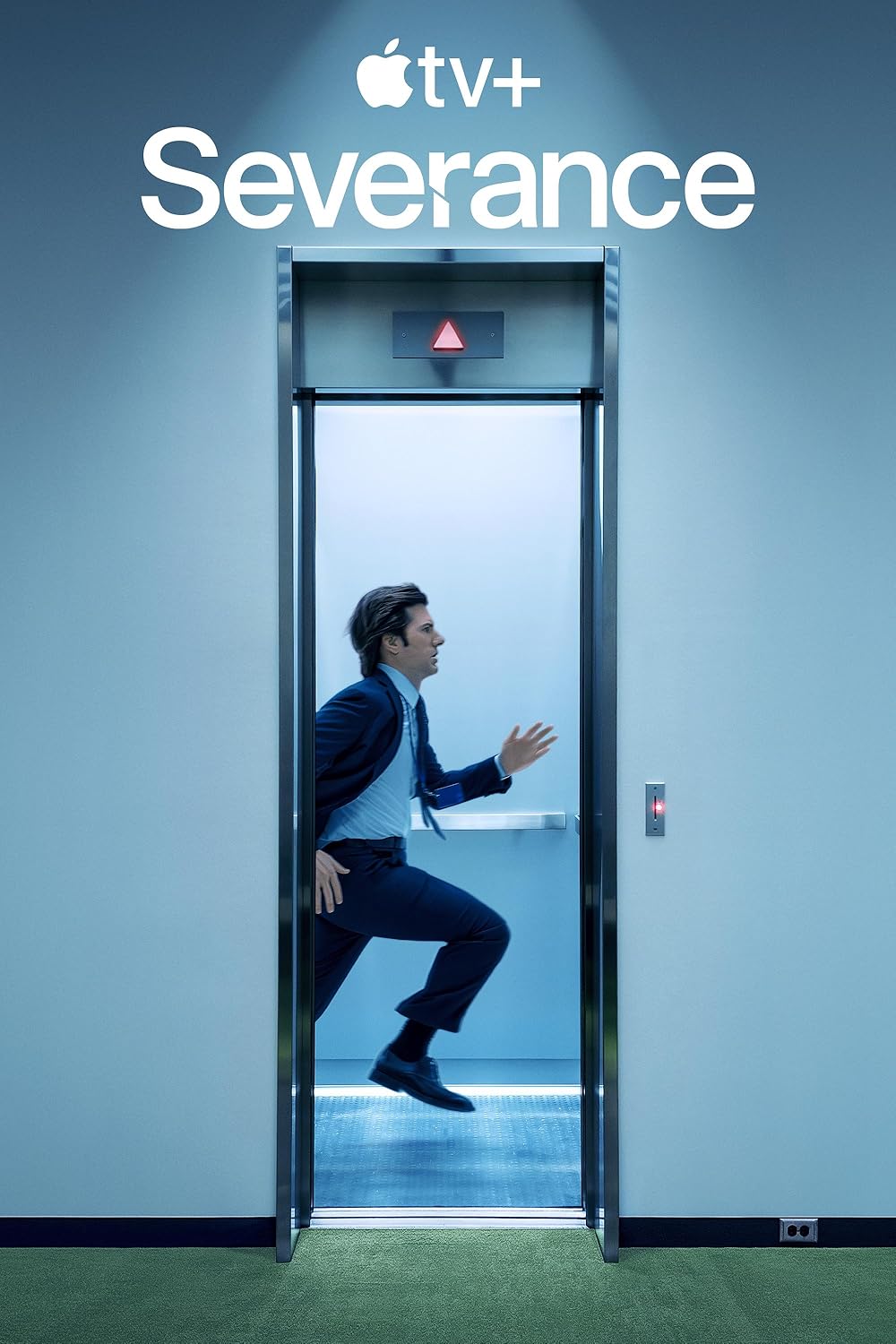
Who Owns England? - Guy Shrubsole
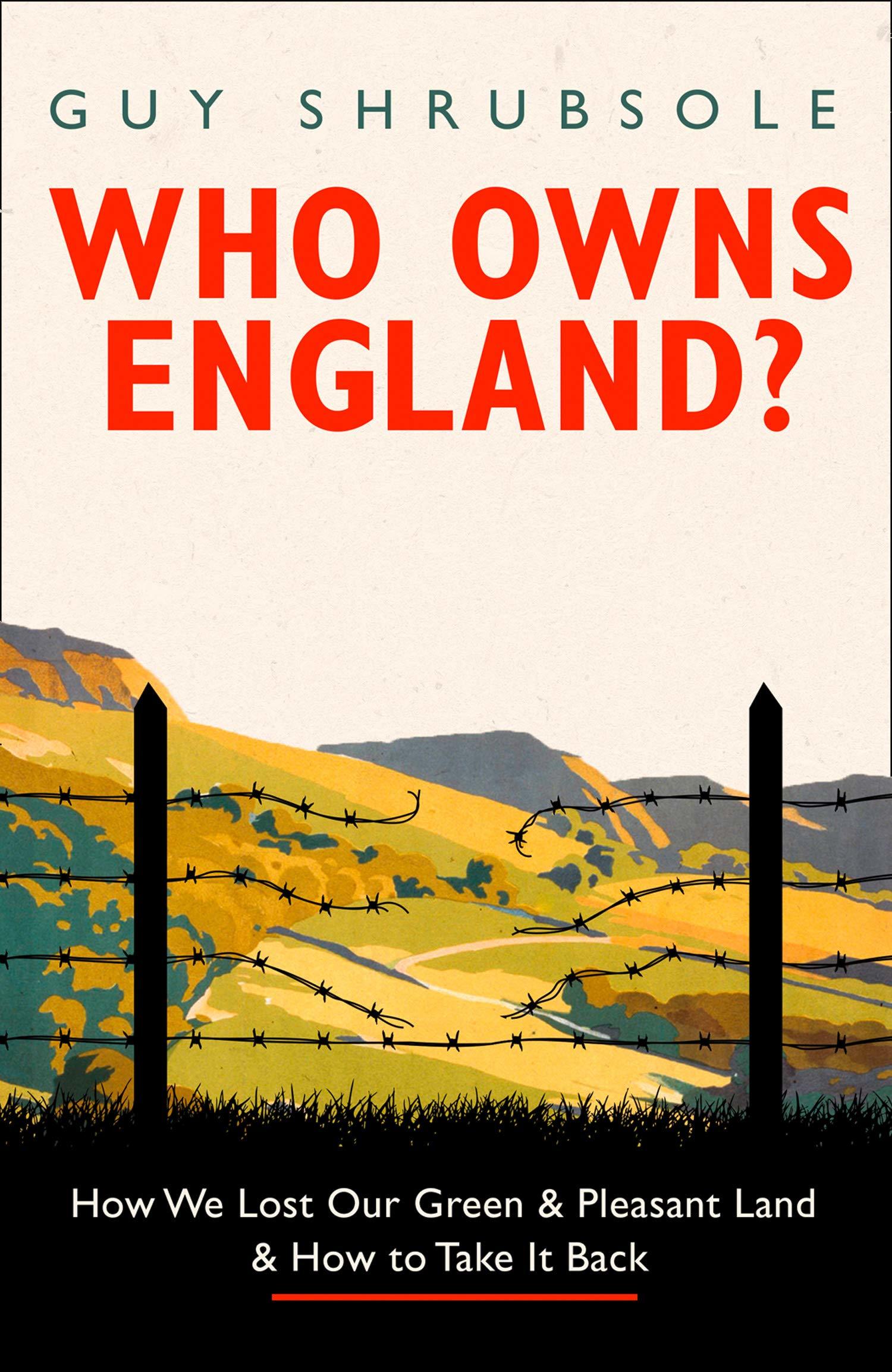
She’s Gone Dance On - Disclosure
The Rest is Politics with Rory Stuart and Alastair Campbell

🌈 Something that made me feel joy recently:
Being selected to row in Durham Regatta!
If you want to learn more about Luke's work, explore his research here and follow him on LinkedIn. Luke is a Laidlaw Undergraduate Leadership and Research Scholar at @Durham University. Become a Laidlaw Scholar to conduct a research project of your choice, develop your leadership skills, and join a global community of changemakers from world-leading universities.
Find out more about the Laidlaw Scholars Undergraduate Leadership and Research Programme.
🔦 Discover more Scholar Spotlights:
⚡️ Anuj (AJ) Manchanda, a Laidlaw Scholar at the University of Toronto, delves into how Environmental CSR initiatives shape consumer choices.
⚡️ Sebastian Glasper, a Laidlaw Scholar at the University of Leeds, explores social media’s role in mitigating loneliness among older adults.
⚡️ Sophia Waseem Khan, a Laidlaw Scholar at Durham University, champions sustainable agriculture through innovative ion recovery.
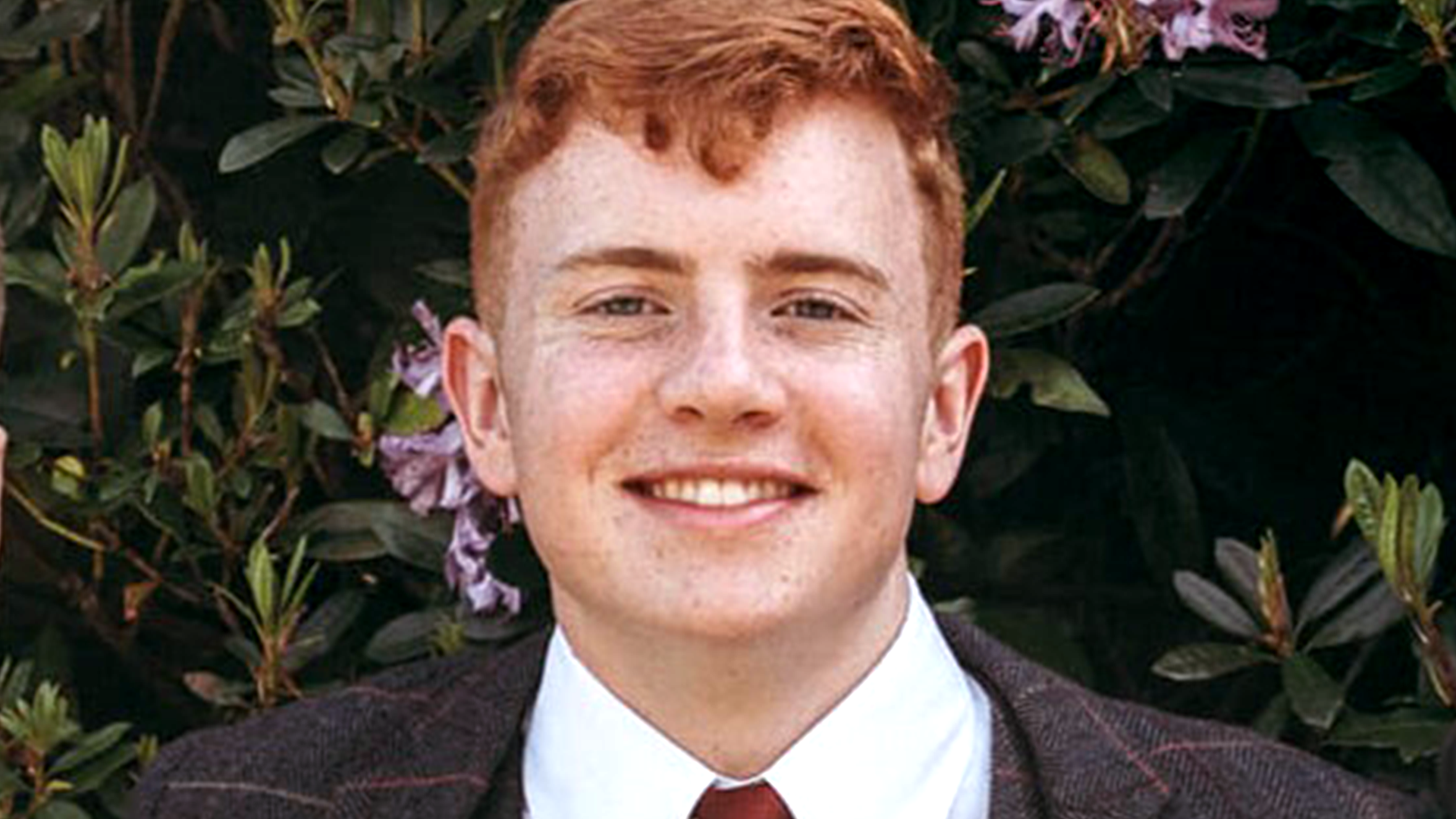
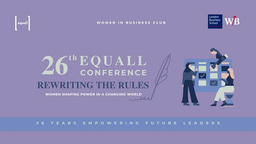



Please sign in
If you are a registered user on Laidlaw Scholars Network, please sign in
@Luke Sewell - have you listened to the Rest is Politics US? It is equally brilliant. Congrats on the rowing!